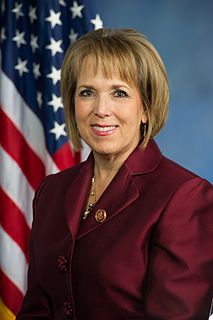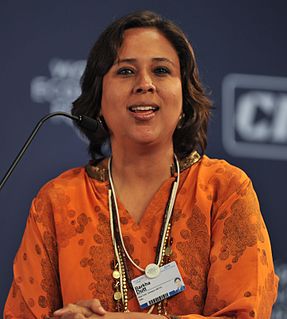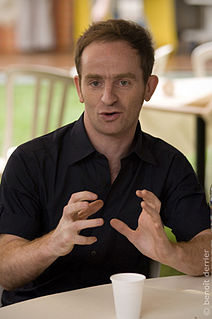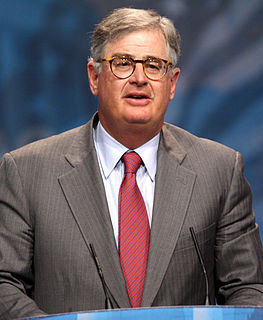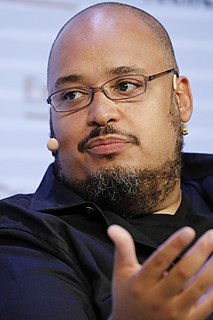A Quote by Liz Truss
I think there's a danger in politics of being too risk-averse.
Related Quotes
During the first period of our lives the greatest danger is not to take the risk. When once the risk has been taken, then the greatest danger is to risk too much. By not risking at first one turns aside and serves trivialities; in the second case, by risking too much, one turns aside to the fantastic and perhaps to presumption.
If you're frightened of damaging yourself, you increase the risk of doing just that. Consider the tightrope walker. Do you think he spares any thought for falling while he's walking the rope? No, he accepts the risk, and enjoys the thrill of braving the danger. If you spend your whole life being careful not to break anything, you'll get terribly bored, you know... I can't think of anything more fun than being impulsive.
The church seeks to help form people who can risk being peaceful in a violent world, risk being kind in a competitive world, risk being faithful in an age of cynicism, risk being gentle among those who admire the tough, risk love when it may not be returned, because we have the confidence that in Christ we have been reborn into a new reality.





